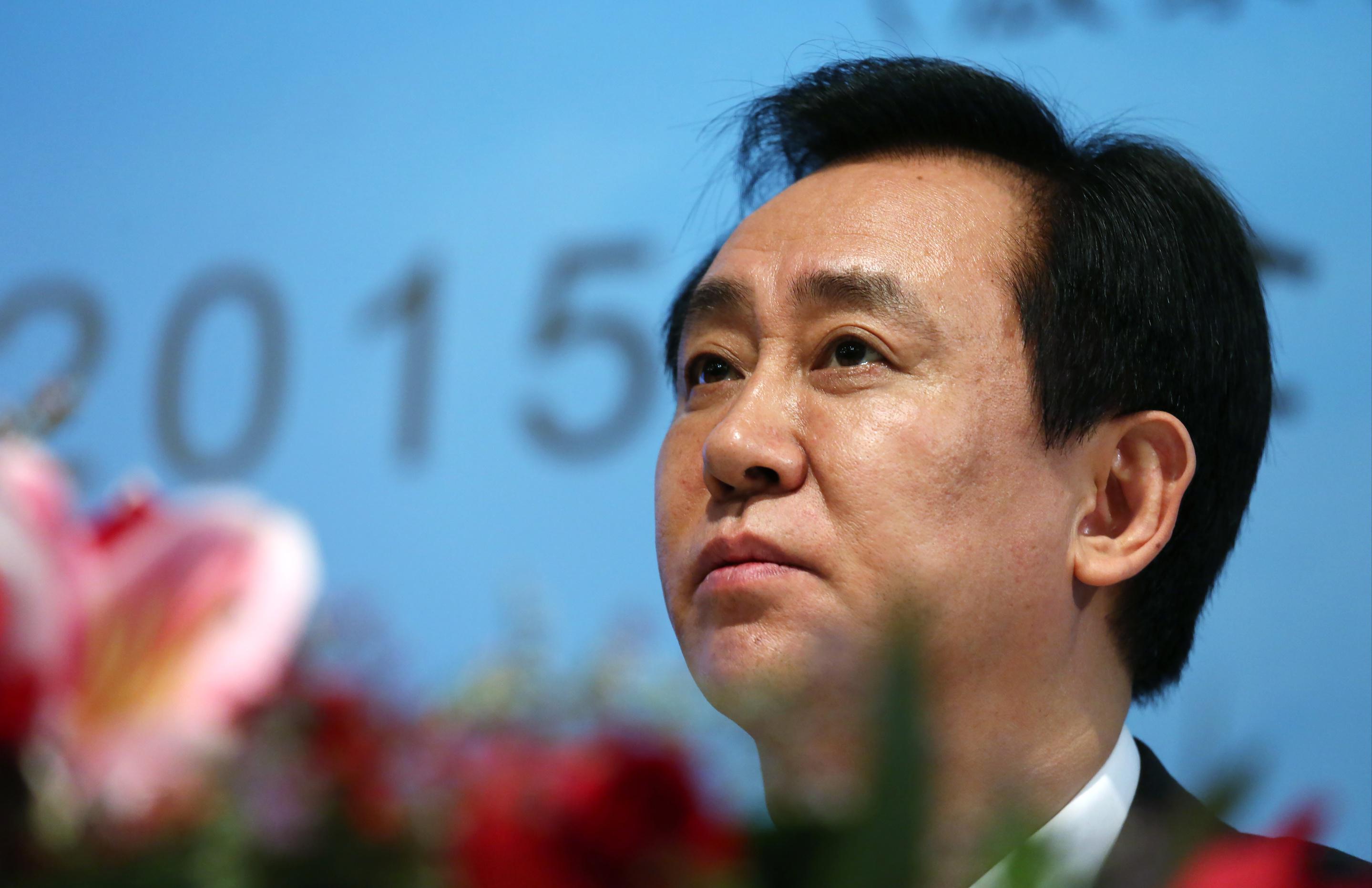
Evergrande founder Hui Ka Yan has started the new year with a new pledge.
South China Morning Post via Getty Images
Hui Ka Yan, the embattled founder of real estate developer China Evergrande Group, said the company would definitely resolve the various risks it now faces and pay down its massive debt pile in 2023.
The 64-year-old made the pledge in an internal letter dated January 1 that was widely reported by local media, including the state-run Securities Times. Hui repeated his earlier vow to pay down Evergrande’s more than $300 billion in liabilities after the company disappointed investors by missing a self-imposed deadline to unveil a restructuring plan by the end of last year. Evergrande had previously stated that it was pushing forward with its restructuring plan, and differences with various parties on key provisions were narrowing.
The beleaguered mogul said in his letter that 2023 would be the “key year” when it comes to fulfilling Evergrande’s corporate responsibilities and delivering pre-sold apartments. He thinks the debt-laden company can be “reborn” as long as its employees unite to resume construction as well as sales and operations.
An Evergrande spokesperson confirmed the authenticity of Hui’s letter, and provided no other comments. Hui has seen his wealth plunge 93% in the last five years to its current level of $3 billion, after the company became engulfed in a deepening debt crisis that has seen many of its peers in the real estate sector default on their bond payments.
In October, Hui revealed that his strategy to save his beleaguered property developer would involve shifting its focus from real estate to manufacturing electric vehicles.
In his letter, Hui also announced that Evergrande had begun delivering its flagship Hengchi model to consumers after achieving mass production. China Evergrande New Energy Vehicle Group, the developer’s listed EV unit, said in a December 30 filing that it had delivered 324 units of its Hengchi 5 so far.
Hui’s EV ambitions, however, have been met with skepticism from analysts who question the group’s ability to venture into such a highly competitive industry, especially as Evergrande is still burdened with heavy debts that sent shockwaves through the country’s financial system. Although China’s leadership has recently eased its crackdown on the real estate industry by unveiling a raft of measures aimed at boosting lending and easing the liquidity crunch, Evergrande isn’t among those that can breathe a sigh of relief. Its rivals, on the other hand, which include Shimao Group and Yang Huiyan’s Country Garden, have been taking advantage of the measures to raise capital through private placements.
Evergrande’s shares remain suspended from trading, and its cashflow is further constrained by its contracted sales that plunged 90% to 29 billion yuan ($4.2 billion) for the first 11 months of 2022. Moreover, Evergrande faces a property market that’s expected to contract as much as 15% by end of 2023, according to a forecast from Moody’s in November.
The embattled developer is also contesting a winding-up petition in Hong Kong’s High Court which has been scheduled for March 2023, after Samoa-based investment holding company Top Shine Global filed to liquidate the firm over $110 million in unpaid financial obligations.







